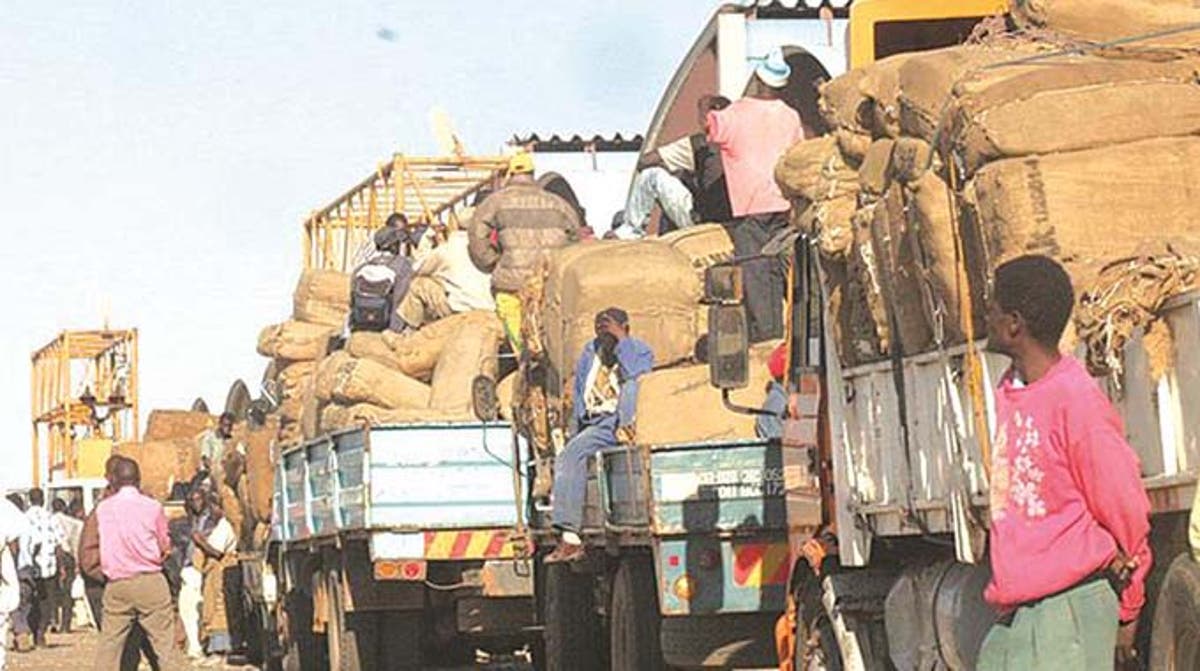Mukuru hits big milestone, expands partnerships to promote financial inclusion across Africa
REGIONAL integrated financial services platform, Mukuru, has hit a huge milestone in driving financial inclusion across the African continent – leveraging digital technology and expanding partnerships to serve underserved communities – moving beyond the remittances offering.
Through full integration, facilitating bulk commercial payments for enterprises, and enhanced partnerships, Mukuru has positioned itself favourably to offer seamless demand-driven financial products. In the process, the company has come in handy in reshaping aid disbursements, payroll payments and commercial payments using innovative financial solutions that promote reliability, affordability and accountability to an estimated customer base of close to 16 million across Africa, Asia and Europe. “We have evolved. Mukuru has traditionally been a well-known top forum for remittances and financial services platform in southern Africa. “But we have emerged over the years into being a fully-fledged next generation financial services platform that cares for emerging African consumer needs,”
Mukuru head of commercial and strategic partnerships, Mr Michael Scott, said in an interview. “We are no longer limited to remittances but now offer funeral cover products, saving solutions, and digital stores of value such as the Mukuru card and wallet. Mukuru is broader than before.” As part of its transformative journey, Mukuru has expressed commitment to continuously building strong and resilient financial infrastructure that allows customers to access new physical and digital services that add value and shift the landscape of commercial and aid payments through its Enterprise Payments Platform (EPP). Mr Scott said the EPP, touted as the company’s flagship secure, efficient and cost-effective solution for cash collections and bulk payments, was a huge milestone as it expanded service offerings beyond person-to-person level to cater for big business entities and non-profit organisations under the broader business umbrella focus. “We realised that our services can cater to broader needs, including humanitarian aid and commercial transactions.
“Payroll is pretty much universal, and we also fit very well into humanitarian aid and social grants payments, working with governments and aid organisations to ensure vulnerable people are catered to,” said Mr Scott. “Those are Mukuru’s core customers who have basic financial literacy, and we provide them with dignity and support. “We also provide commercial service support to agriculture players. In 2023, we provided majority of farmer payments to smallholder cotton farmers, and we can provide wage payments for farm workers.” Mr Scott said Mukuru prides itself on being the middle platform between banking industry players and mobile money providers, with an extensive network and liquidity, and linking these commercial and aid organisations with ordinary people in all communities. He noted how the traditional banking system generally has footprint limitations and made reference to the largely unbanked rural farmers, who are ironically a big industry that generates huge income for the economy but are largely sidelined from conventional banking services.
Mukuru has come in handy to bridge this service gap, Mr Scott said, and offers ‘tried and tested’ cash hard cash guarantees to all its clients using its wider distribution network. “We have allowed farmers to receive their cash payments where it’s convenient for them without travelling long distances,” he said. “We have worked with farmer organisations to create a reliable and resilient system for farmer payments, including for auction floors. Farmers also benefit from the Mukuru voucher system.” Mr Scott said Mukuru, in its 20 years of existence, has perfected its systems and embraced technology and innovation, which has won the company huge stakeholder trust and confidence. Hence, he added that the company has a long history of working with organisations like the World Food Programme (WFP) and others to facilitate cash payments to beneficiaries, enabling small businesses to continue to provide employment opportunities for locals while promoting financial inclusion. “We work with WFP, IOM, UNICEF and a list of organisations that deal with aid. We provide them with reliable and efficient payment that is accountable,” said Mr Scott.-chrobixle









